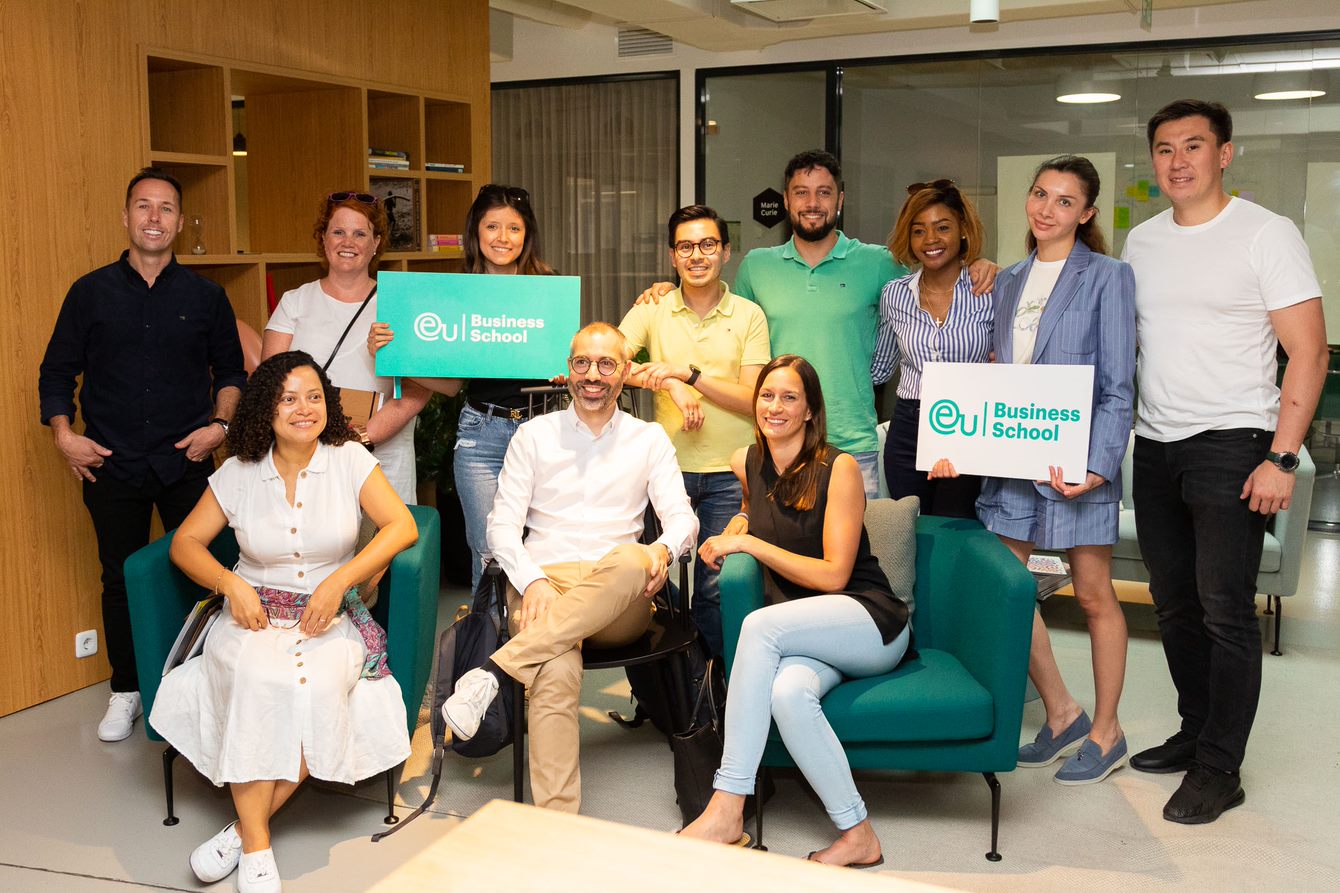Forests of trees have been felled to produce books and articles written on the characteristics of a good entrepreneur. Google the words ‘entrepreneurial characteristics’ and the search yields approximately 275 million results.
Being a good observer may not strike one as being an obvious first step towards successful entrepreneurship. On the contrary, however, an entrepreneur is invariably characterized as someone who, in the words of Tom Peters, has a “bias for action” – something which requires sharp awareness.
Increasingly, an entrepreneurial mindset is seen as the only essential characteristic of the successful entrepreneur. But what does this mean exactly?
Bias for Action
Business writer, Tom Peters, best known for his groundbreaking 1982 work, In Search of Excellence, is an expert on the matter. Subtitled “lessons from America’s best-run companies”, the book helped to move the focus of management activity from planning and strategy to making decisions and taking action.
“Whoever tries the most things, wins,” says Peters. “It is not about thinking. It is about getting out there, it is about trying… do it, fix it, try it. In the history of humanity, the journey between two points isn’t always a straight line. You follow your curiosity, create your own team, you really have no idea where you’re going! As Eleanor Roosevelt said, ‘Do one thing every day that scares you’.”
Science fiction writer Ray Bradbury agrees:
“Thinking is the enemy of creativity. It’s self-conscious and anything self-conscious is lousy. You simply must … Do things.”


Entrepreneur as Observer
So, how does a bias for action fit with the image of the entrepreneur as an observer? Peters himself identified one of the eight characteristics of an excellent company as promoting “autonomy and entrepreneurship” amongst its people, by breaking the corporation into small companies and encouraging them to think independently and competitively.
Does this view gel with the somewhat passive image of an observer?
Entrepreneurial Characteristics
Entrepreneurship is typically thought of as the process of starting a business. Harvard Business School nuances this simple definition by adding “the pursuit of opportunity beyond the resources currently controlled”, and “a proposed venture to sell a product or service for which customers are willing to pay more than the required investments and operating costs.” (source).
To achieve this, a long list of required characteristics is often trotted out, including curiosity, experimentation, adaptability, decisiveness, team building, tolerance for risk and failure, persistence, innovation and a focus on the long term.
Passion, social skills, open-mindedness and empathy are also often thrown into the mix.
But as MIT Professor Bill Aulet says, “…there is no entrepreneurship gene. It is disciplined execution that makes people successful entrepreneurs.”
Does this mean the same as a ‘bias for action’? Let’s find out.


Active Experimentation vs. Reflective Observation
Does observation have any place in good entrepreneurship? Not in so many words, it would seem. One study used Kolb’s Learning Styles and Experiential Learning Model1 to see whether reflective observation (RO) contributes to entrepreneurial learning and behavior.
The finding of the study concluded that preference for the Kolb Active Experimentation (AE) learning mode over Reflective Observation (RO) promotes adoption of a key entrepreneurial innovation behavior and significant entrepreneurial performance benefits, and that in fact the RO learning mode exhibits negative effects on entrepreneurial performance.
These findings would seem to support a belief that observation is not a desirable entrepreneurial trait.
However, according to Kolb, RO is only one of four sequential modes of experiential learning:
● Concrete experience → reflective observation → abstract conceptualization → active experimentation
Indeed, RO allows time to reflect more deeply on what has happened in any situation, and gives rise to questions one needs to ask such as: what worked? What failed? Why did the situation arise? Why did others and I behave the way we did?
It is only when we observe and reflect on our experiences that we begin to conceptualize how we may have done something better or differently, leading to further active experimentation.
Observation allows us to take our own reflections and thoughts about improvements – as well as the theories – and put them back into practice, trying out new strategies.
Final Thoughts
There is little evidence to support the assertion that being a good observer is the first step in becoming a good entrepreneur. We may learn from watching others who have overcome challenges and hurdles to successful entrepreneurship, but observation in itself is a poor substitute for Kolb’s starting point of concrete experience.
EU Business School’s wide range of qualifications offer deeper insights into the development of the entrepreneurial mindset. The Master in Innovation & Entrepreneurship program explores the main components of innovation and new venture creation, providing insight into entrepreneurial endeavor and how it can be cultivated effectively.
1 See for example https://www.simplypsychology.org/learning-kolb.html.











